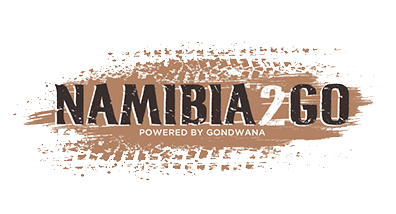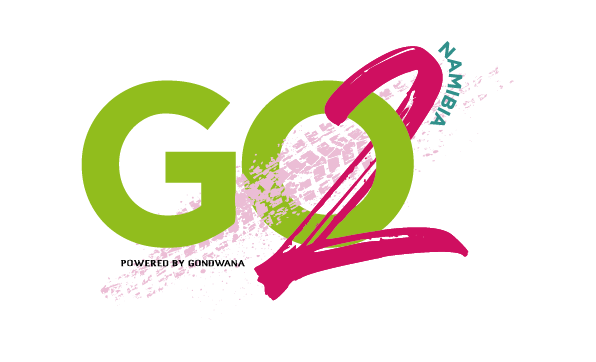I love meeting Namibia’s people. In Lüderitz a few days ago I had the good fortune of coming across Rastaman Henry Adams and remembering Bob Marley’s 1974 song ‘No woman, no cry’.
Driving up a hill to gain a better view of the massive cruise ship in the harbour, I caught sight of Henry, with his dreadlocks and Bob Marley t-shirt, leaning against the doorframe of his house. From my experience of meeting Rastafarians all over the world, I had an idea I would receive the same friendliness from him. I wasn’t wrong. With the bay as the backdrop, we sat on the rocks and shared stories.
Born in 1950, Henry had come to Lüderitz in 1969 and had been a fisherman all of his life. He told me how the songs of the peace-loving Jamaican singer had inspired him during the struggle days.
When his partner Patricia Booysen came to sit next to him on the rocks and good-naturedly kept interrupting the conversation, Marley’s song ‘No woman, no cry’ immediately came to mind. But, I had learned that the words can be easily misconstrued. Rather than meaning that you will be better off without a woman, they are comforting words to a woman friend saying: ‘Little darling, don’t shed no tears’, ‘Everything’s gonna be alright’, ‘Mingle with the good people we meet, yeah. Good friends we have, oh good friends we’ve lost along the way’, ‘In this great future you can’t forget your past. So dry your tears.’
Vincent Ford, a friend of Bob Marley, is given credit for writing the song. Ford ran a soup kitchen in Trenchtown, a ghetto in Kingston, Jamaica, where Marley grew up. The royalties from the song continued to keep the soup kitchen going.
The Lüderitz couple told me that they had been together for 43 years, to which I enquired “Married?” Henry looked lovingly at Patricia and then, with a mischievous glint in his eye, joked: “I’m still sizing her up.”
We were all laughing as Henry and I said our goodbyes with the mutual acknowledgement, “Thank you, brother”.
(Reference: No Woman, No Cry - Wikipedia)
You might also like
Copyright 2026. All Rights Reserved by Padlangs, Gondwana Collection Namibia


.png)
.png)
.jpg)




.png)

SUBMIT YOUR COMMENT